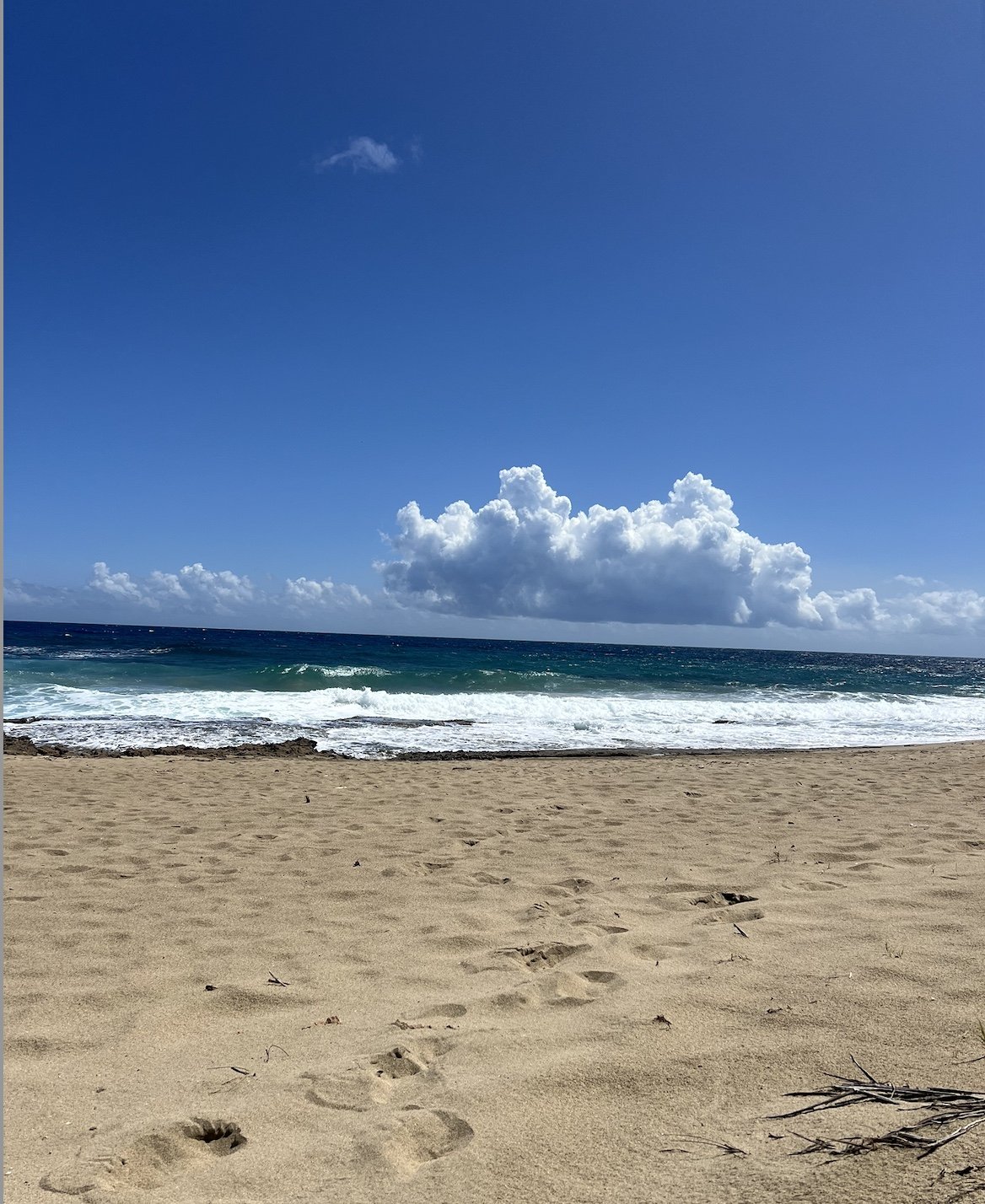Liberatory Coaching: A Pathway to Healing, Justice & Transformation
Liberatory Coaching is more than a personal growth tool—it is a deeply relational, spiritual, and political practice that supports healing, transformation, and collective liberation. It is not about fixing or prescribing solutions but about witnessing, holding, and affirming the full humanity of those we coach—seeing their victories, pain, dreams, and rising from the flames in all dimensions of existence.
Coaching, in this sense, is a technology of liberation, a practice that allows people to reclaim agency and access the wisdom they already hold. It is a space of possibility and unburdening, where healing is not just individual but ancestral and systemic—unraveling the trauma carried through generations due to white supremacy, settler colonialism, and carceral control. Without metabolizing these traumas, we remain trapped in fear, scarcity, and separation.
Liberatory Coaching helps unburden and transmute pain, offering a pathway to Self-led leadership—where we are no longer reacting from wounds but responding from a place of power, nuance, and deep interconnection. By engaging in this practice, we strengthen not only individuals but entire movements, ensuring that our struggles for justice are sustainable, nourishing, and rooted in love.
At its core, Liberatory Coaching is about co-creating a world where healing, joy, and liberation are not just possible, but inevitable.
“When I dare to be powerful, to use my strength in the service of my vision, then it becomes less important whether or not I am unafraid”
What is Coaching?
Coaching is a transformative practice that provides structured support for personal and professional growth. Typically, coaching consists of one-hour sessions, similar to talk therapy, but with a future-focused approach rather than deep analysis of the past. As coaches, we don’t need to know every backstory—you already hold the answers. Instead, we create safe containers for self-reflection, healing, and action.
We recommend a minimum of six sessions once you’ve found a coach who resonates with you. Coaching does not replace therapy, but it can be a powerful complement—helping you reach professional goals, heal past wounds that shape your present experiences, and align with your deeper purpose.
For movement leaders, organizers, and changemakers, prioritizing yourself can feel impossible. Yet, coaching offers the nourishment that sustains not only your well-being but also your ability to pour into others. If you’re feeling disconnected, on the edge of burnout, or ungrounded, coaching provides the space to pause, realign, and move forward with clarity and purpose.



